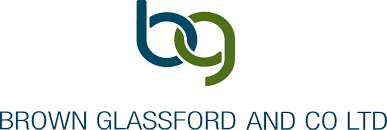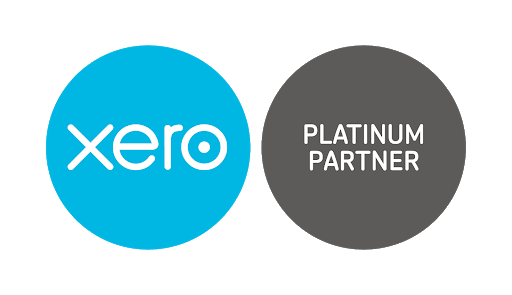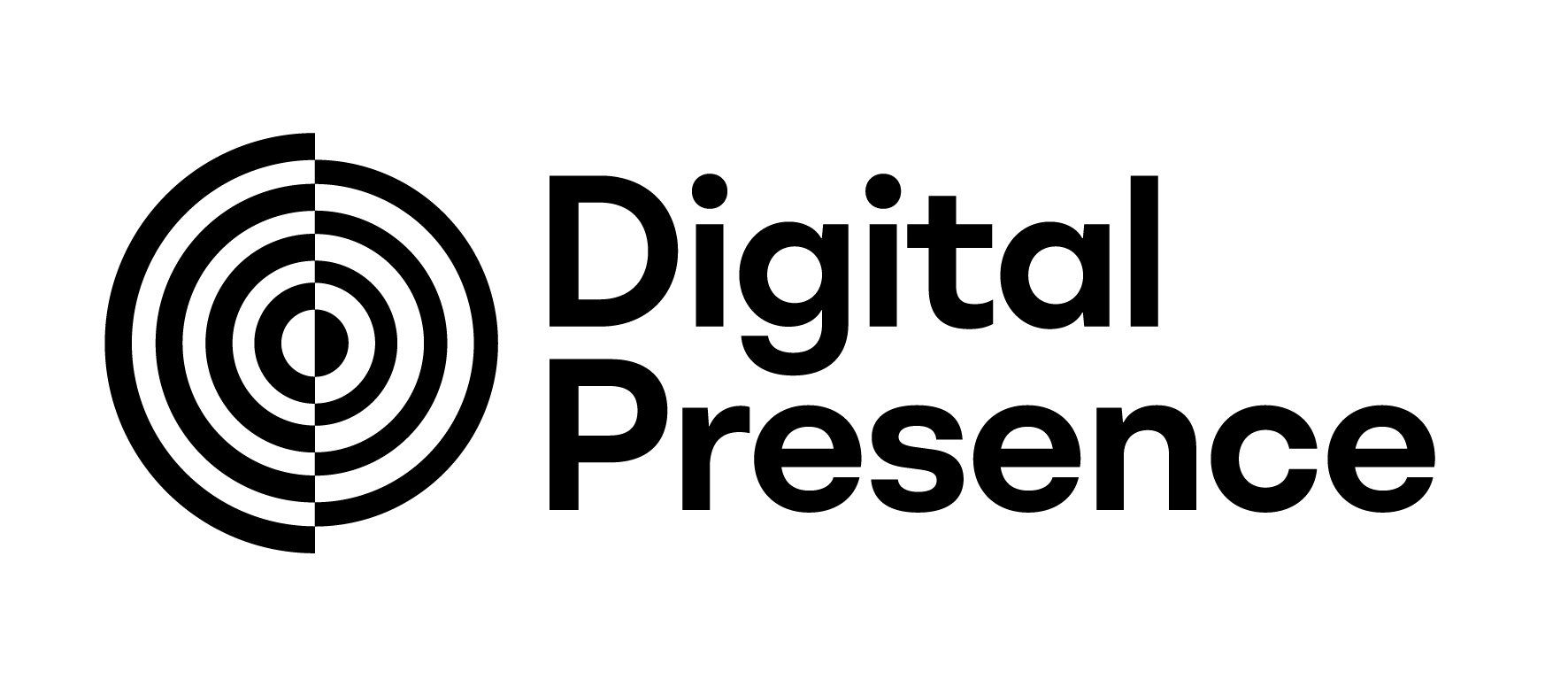New Purchase Price Allocation Rules now in effect for Property and Business Transactions
If you are looking to enter into a sale or purchase transaction for a property or a business, it is important that you are aware of the new purchase price allocation rules that came into effect on 1st July 2021 and apply to all qualifying agreements entered into from this date.
Purchase price allocation refers to the breaking down of the sale price into distinct amounts for each asset class. This allocation affects both the tax paid, and the tax benefits received because the tax treatment for each class of asset can differ.
The two key implications of the new rules are as follows:
1. Where parties have agreed on a purchase price allocation and the agreement is documented, this allocation must now be used by both parties when filing their tax returns.
2. Where the purchase price crosses a relevant monetary threshold, purchase price allocation is now required by law and both parties must use the same allocation.
What transactions are affected?
Typically transactions affected by these new rules involve the sale of a combination of supplies being:
1. Revenue account property (such as trading stock, timber);
2. Depreciable property (such as plant or machinery); and
3. Capital account property (such as land, buildings, or goodwill).
Affected transactions may include the sale and purchases of commercial property, businesses, lifestyle blocks and farms. In rare cases residential property transactions may also be affected.
Advice
Before you enter into a commercial agreement, we suggest that you obtain both tax and legal advice to ensure that you understand all potential tax implications.
We recommend that you discuss and agree on a purchase price allocation during the negotiation phase prior to signing an agreement. This avoids any potential disagreements that may arise later. It is also good practice to document how any potential allocation adjustments are to be decided once the agreement is executed.
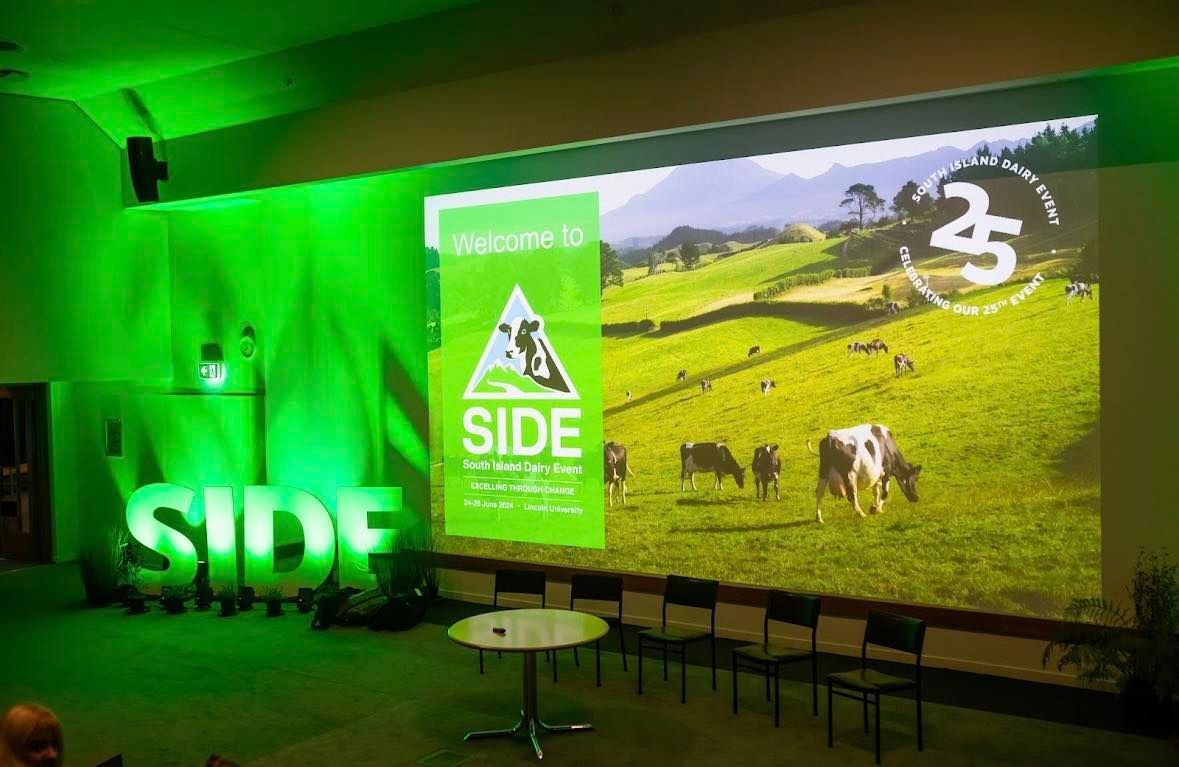
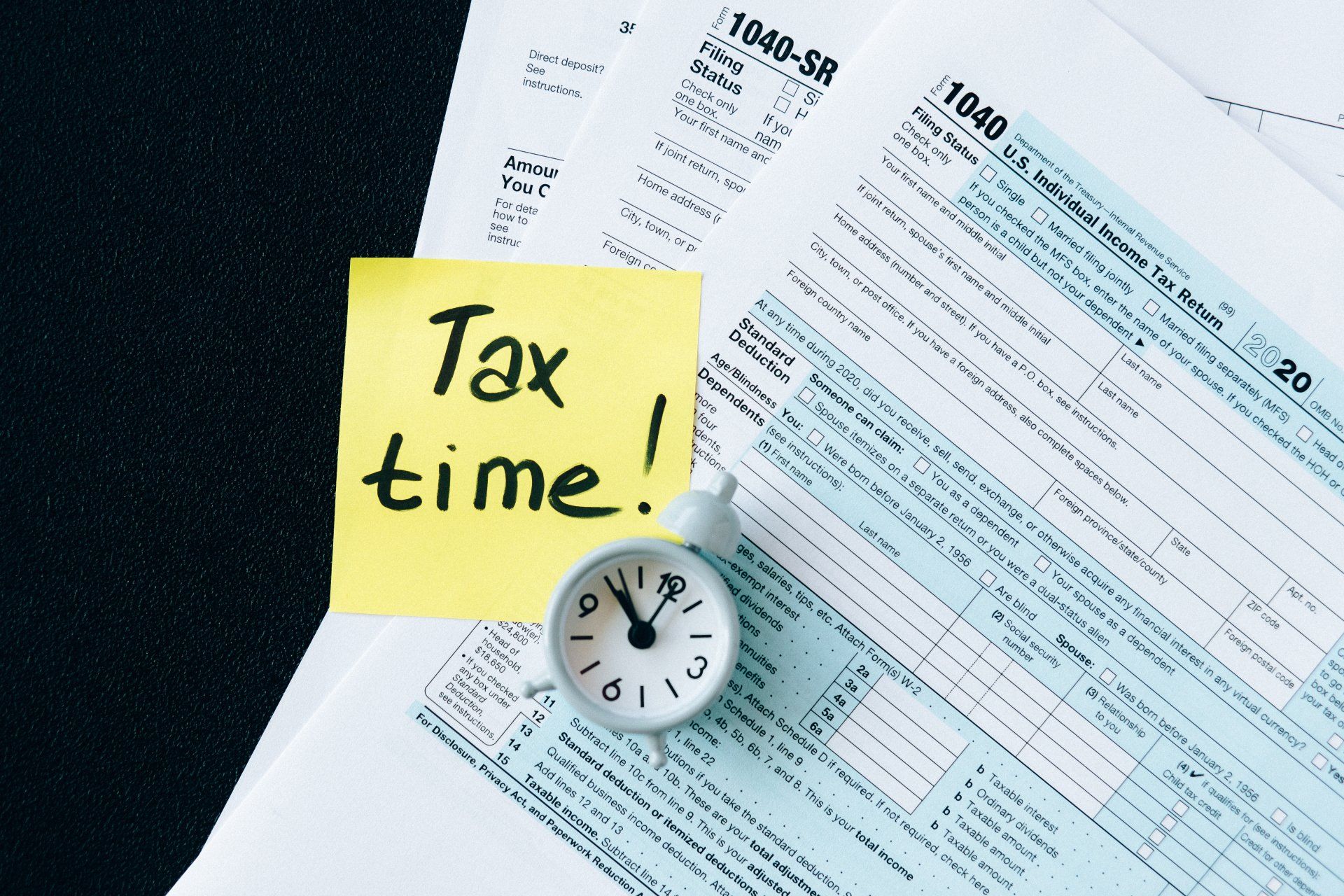
Want more information?
Contact
admin@brownglass.co.nz
Level 2, 504 Wairakei Road,
Burnside
Christchurch 8053
Postal
PO BOX 39195
Harewood
Christchurch 8545
